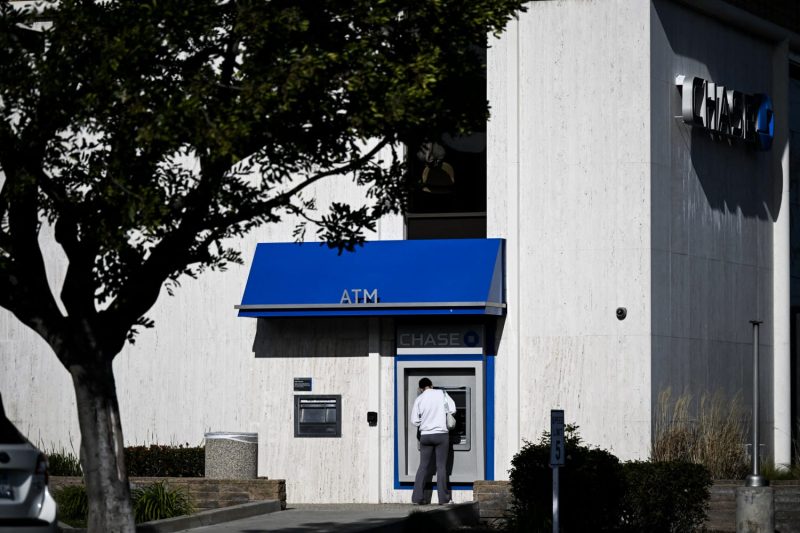In a surprising turn of events, banking giant JPMorgan Chase has made headlines for taking legal action against customers who allegedly exploited an infinite money glitch within the bank’s systems. This move by JPMorgan marks an unprecedented response to what could be considered a major security breach, shedding light on the delicate balance between customer responsibility and bank accountability in the digital age.
The saga began when a group of customers reportedly discovered a loophole in the bank’s online platform, allowing them to make repeated cash withdrawals well beyond the actual funds available in their accounts. This glitch, dubbed the infinite money glitch, enabled these customers to siphon off thousands of dollars in a matter of minutes, leading to substantial financial losses for JPMorgan.
While some may view these customers as opportunistic individuals who took advantage of a technical flaw for personal gain, others argue that JPMorgan should bear the responsibility for ensuring the security and integrity of its systems. The bank’s decision to pursue legal action against the customers involved raises important questions about the extent of customer liability in cases of banking errors and glitches.
Legal experts weigh in on the matter, pointing out that while banks typically have robust security measures in place to prevent fraudulent activities, the onus is also on customers to use banking services responsibly and ethically. In this case, the customers’ exploitation of the glitch could be seen as a breach of trust and a violation of the bank’s terms of service.
JPMorgan’s response to the infinite money glitch highlights the challenges that financial institutions face in an increasingly digital and interconnected world. As technology continues to evolve, banks must continuously adapt their security protocols to safeguard against potential vulnerabilities and threats.
Moving forward, it remains to be seen how the legal proceedings initiated by JPMorgan will unfold and what implications they may have for both customers and financial institutions. This case serves as a cautionary tale about the complex relationship between technology, ethics, and legal accountability in the realm of modern banking. Ultimately, it underscores the importance of transparency, diligence, and responsible conduct from all parties involved to uphold the integrity of the financial system.

